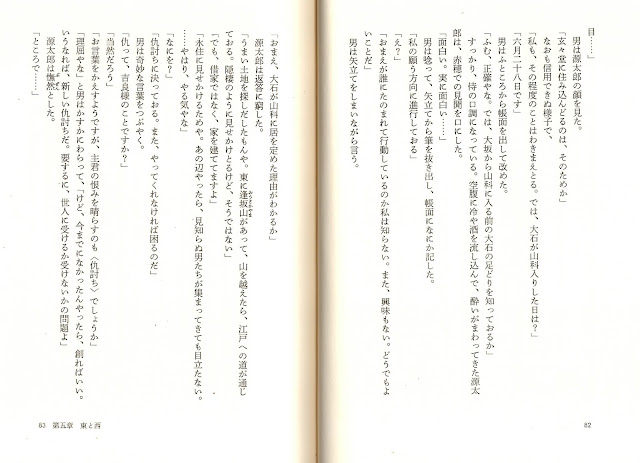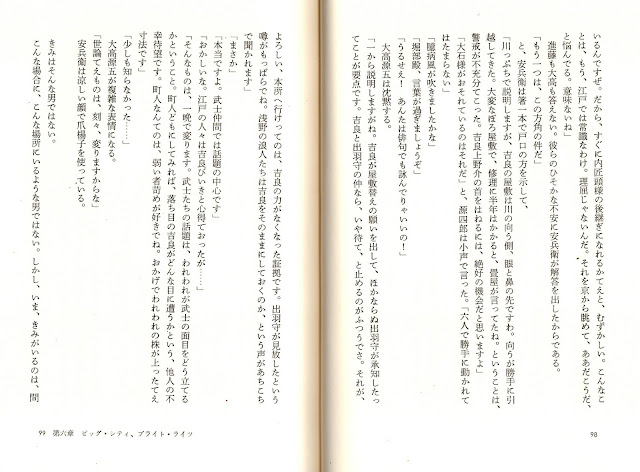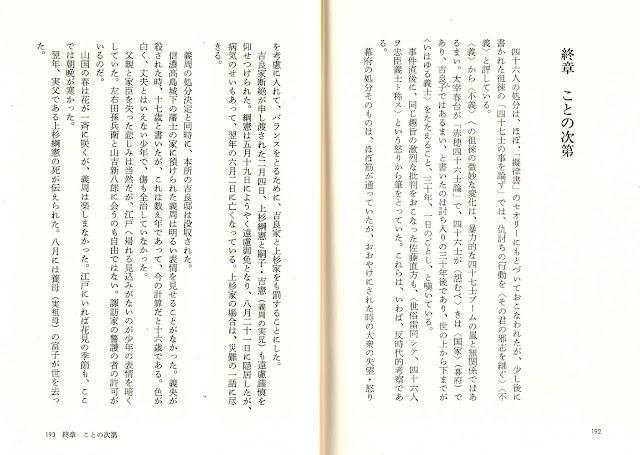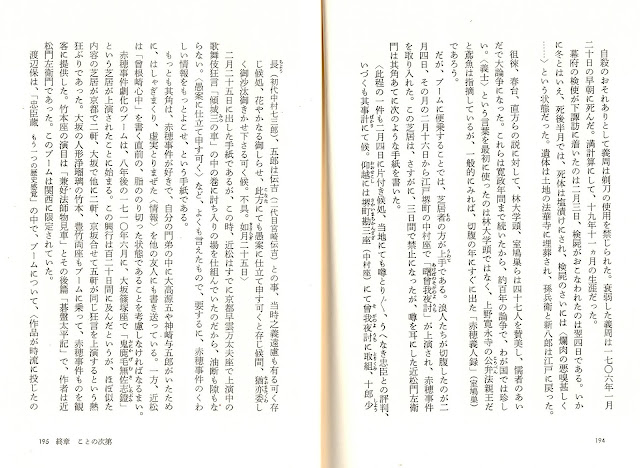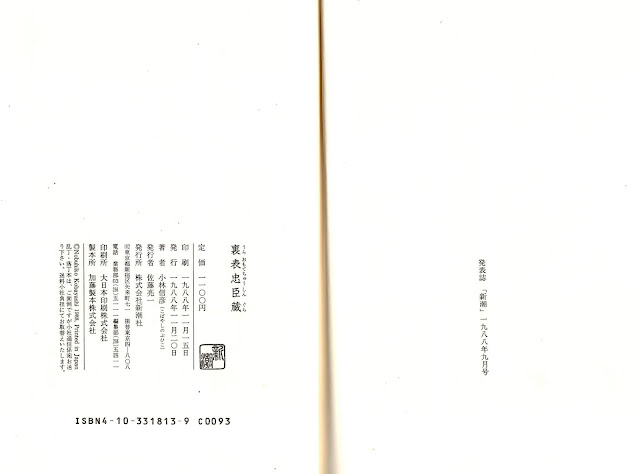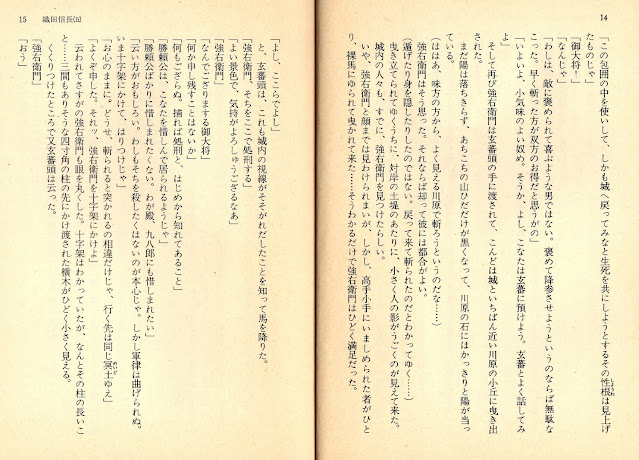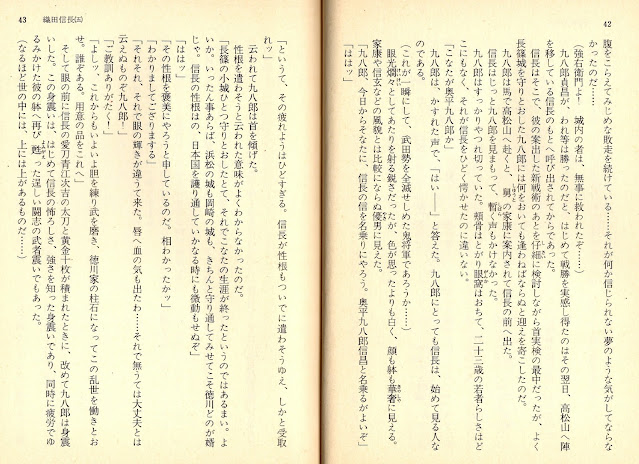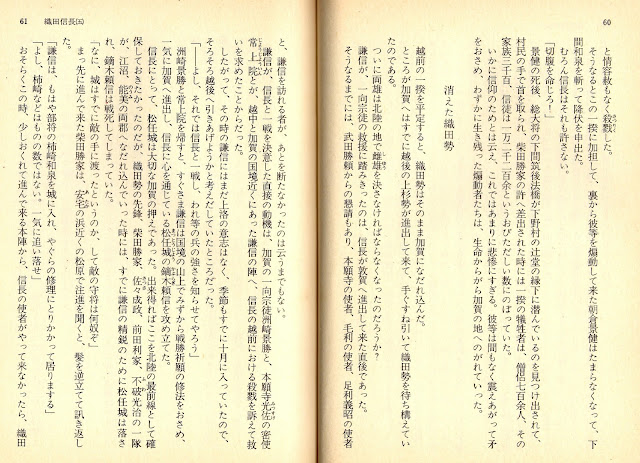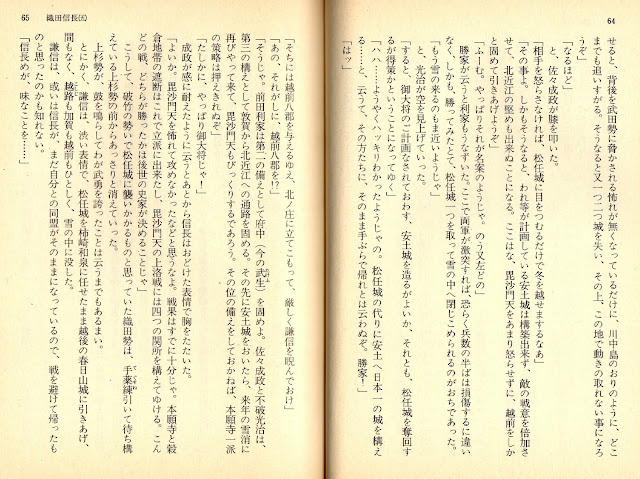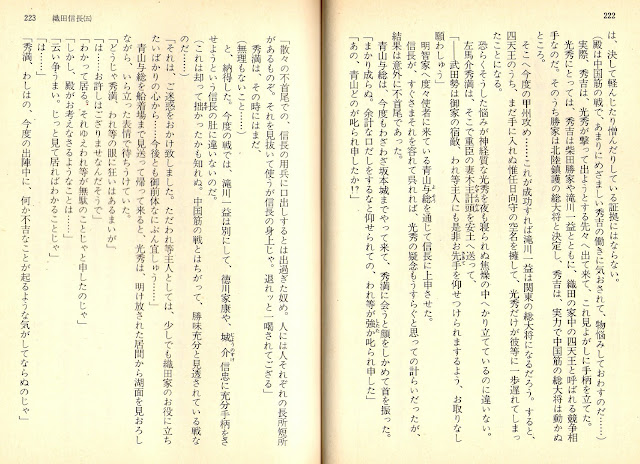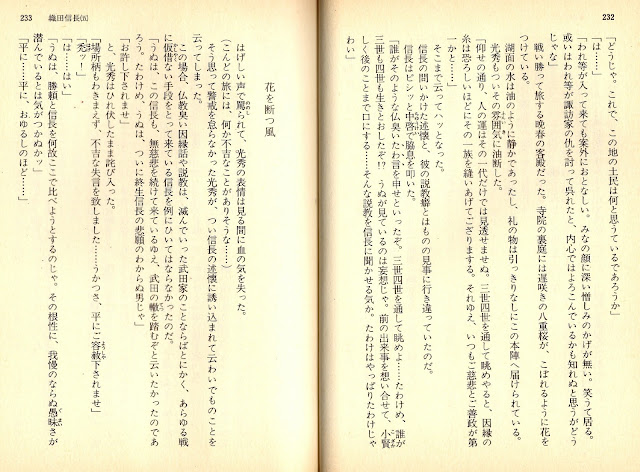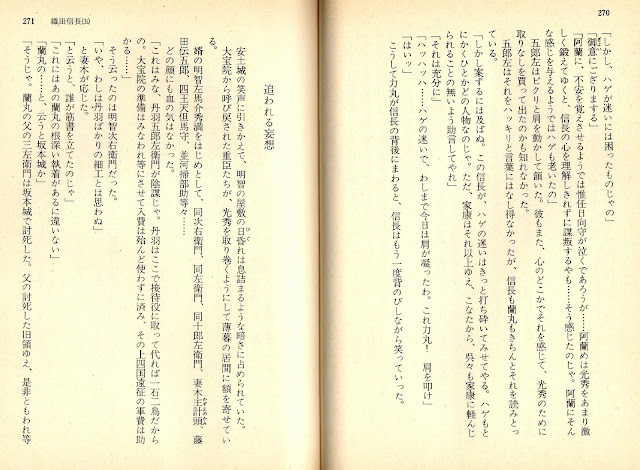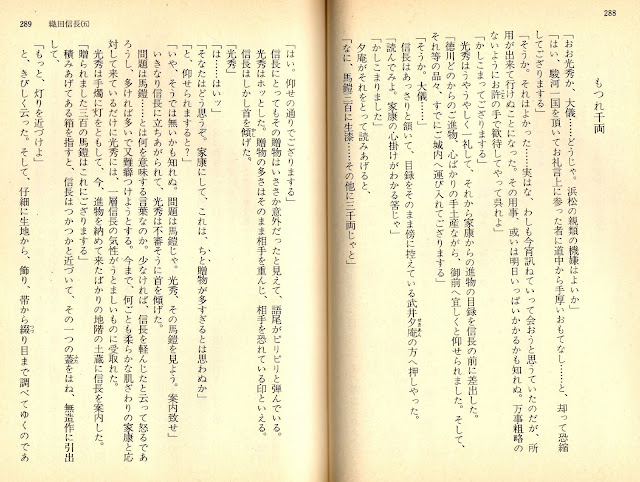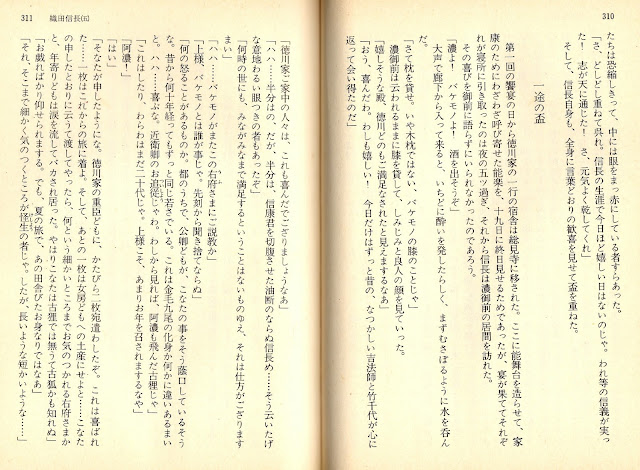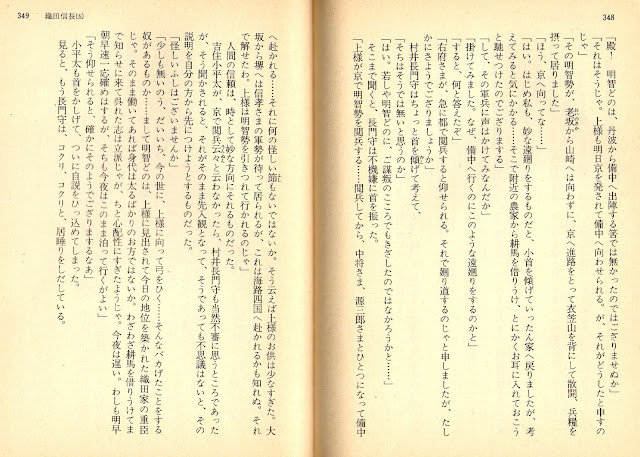we are amaterasu kingdom dimensionsXCVIII。
8月 05, 2019 義士のみなさんが47人なのか46人なのか、あやふやなのは、おそらく、昭和46年度(笑)。
Monday, 2 September 2013
thought
There is a word "中華思想".
Pronunciation of this word in Japan is "(Chūka・中華)-(Shisō・思想)".
Chūka is "China".
Shisō is "thought・idea".
However、in this case、Shisō is "-ism".
Sinocentrism.
"China is the center of the world.
Chūka Shisō is such thinking."
If we do literal translation of this word.
It becomes like that.
But this translation is wrong.
Ka.(夏・華)
And I.(夷・i・い・イ)
We must considered it by this comparison.
中・Chū/華・Ka
In this case、Chū is "center".
Chūka is "Center of Ka".
"Idea to respect the human civilization."
True Chūka Shisō is such thought.
By the way、this ”civilization”.
"Civilization is physical.
Culture is spiritual."
This is not a clear such segmentation.
・・・・・・・・・
Incidentally、literal translation of 夏 is "summer" and 華 is "flower".
Of course、pronunciation of both Chinese characters is ”ka” in Japan.
Probably、pronunciation of summer and flower in Japan prior to the introduction of Chinese characters.
夏・summer is "natsu" and 華・flower is "hana".
※This does not take into account changes over time.
In short、this Chinese characters also has pronunciation like that in Japan.
Such expressions may be inaccurate、but phonogram and Ideogram、in Japanese、they are mixed.
・・・・・・・・・
中原 of China (Middle area of Yellow River).
Since ancient times、there were various ethnic groups living there apparently.
And they formed the Chinese.
"Chinese is not a race.
People that share the same civilization.
It's Chinese."
And in the process、this way of thinking seems to have formed.
Japan around 6-8th century.
Just maybe、it may have been the same situation.
And just maybe、Chūka Shisō might have helped in the formation of the Japanese.
※Until now、not only fools have lived in this world.
Tuesday, 3 September 2013
come to think of it
Archetype of Chinese characters is a hieroglyph.
夏.
"State where people dancing gracefully.
That's elegance."
This character seems to express it originally.
It turned to 華・flower.
"To late middle age from young adulthood."
And the four seasons compared to the life of people.
Meaning of the summer may have attached to 夏.
・・・・・・・・・
Even now、Japan are using Chinese characters as the notation of Japanese language.
And there is ”hiragana・ひらがな” and ”katakana・カタカナ” in addition to it.
As only my impression.
Hiragana is 〇. (For example、あいうえお・aiueo.)
Katakana is ◇. (For example、アイウエオ・aiueo.)
※In present day Japan、katakana is often used when expressing Western words in Japanese.
・・・・・・・・・
It seems that ancient Japanese language (until around 6 century) is directly connected to modern Japanese generally.
At one point、Japanese came up with the use of Chinese characters for Japanese notation.
It was a way to borrow only the pronunciation of Chinese characters.
For example borrow the only pronunciation of Chinese characters of 夏・"ka".
Meaning of summer is not used there.
・・・・・・・・・
This is an example that came up now.
My name is Shibayama Hiroki.
(Hiroki Shibayama by Western notation.)
Last name・Personal name
Japanese is this order.
"市場矢間日魯期"
市・shi/場・ba/矢・ya/間・ma/日・hi/魯・ro/期・ki
Initially、"for example" the Japanese had been using Chinese character like this.
And probably、it became cumbersome soon.
※For example think of these as like the alphabet.
Japanese simplified Chinese characters as the phonetic equivalent.
They made hiragana and katakana.
"市場矢間日魯期"
"しばやまひろき"
"シバヤマヒロキ"
Note: In short、Japanese used the Chinese characters as phonogram like alphabet.
But Chinese characters is ideogram originally.
They have a complex meaning in one character.
※For example、I do not know now what "し" is simplified.
What Chinese characters are using?※
・・・・・・・・・
Come to think of it.
"出火吐暴威"
Costumes of David Bowie san at the time of Ziggy Stardust tour.
This Chinese characters was written so in his cloak.
(It is a design of Yamamoto Kansai san.)
This is pronounced David Bowie in Japanese.
Accurate pronunciation as Japanese is "Debiddo Boui". (デビッドボウイ)
出(de) out
火(bi/normally "hi") fire
吐(do) vomiting
暴(bou) violence
威(i) intimidation・prestige
※この声、眞子。20211217。
で。
"機動戦士ガンダム 第30話「小さな防衛線」"








































